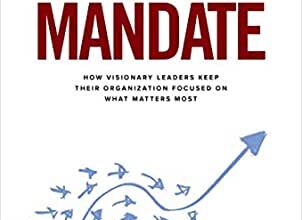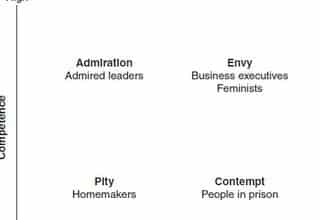Last week, I started binge watching The Blacklist. I realize this show has been a hit for a few years and I’m behind the times, but can I get some credit for finally watching it? If you’re a little farther behind, The Blacklist is about a high-level fugitive who surrenders to the FBI under the accord that he’ll help catch other criminals. There is, however, one condition – he’ll only with agent Liz Keen.
Keen is brand new to the FBI and has no idea why this criminal mastermind would want to work with her. By being the sole contact, her status is immediately elevated and she is given authority and responsibilities far beyond her more seasoned peers. Unfortunately, as the research shows, this jump in rank does not typically lead to satisfaction.
A study by Tsedal Neeley and Tracy Dumas, assistant professors at Harvard University and Ohio State University’s business schools, respectively, centered on a few Japanese companies that changed their policies to require all workers to conduct business in English. Almost immediately after the change, the American workers received an unexpected boost in their standing within the company.
While this could have been a reason to celebrate, the unearned status gain actually resulted in feelings of guilt and concerns that the quick assent could just as easily be taken away. Similar findings occurred at Apple when Steve Jobs shifted the focus of the company from engineers to designers.
There’s actually a cost of privilege. People often think that they need to cater only to those who they perceive are on the losing end of something that is spurred by an organizational change. This study shows that in fact you have to look at the entire system. – Tsedal Neeley
As leaders, we need to be aware of the potential problems associated with elevating a group of people. It may seem counterintuitive, but when a strategy shift is the sole reason for a promotion (versus hard work), anxiety, remorse, and insecurity are natural byproducts. This does not mean we should avoid making the difficult decision to change the way we do business. Instead, we need to do a better job communicating to those on the team.
When devising a change strategy, include the newly “upgraded” employees in the process. Ask for their feedback and for ways to implement the change in a more seamless manner. Replace feelings of luck with feelings of worth and responsibility so the team can earn the status change. And unlike Agent Keen’s experience, let them ease into their new role without sending a helicopter and tactical team to greet them on the first day.








